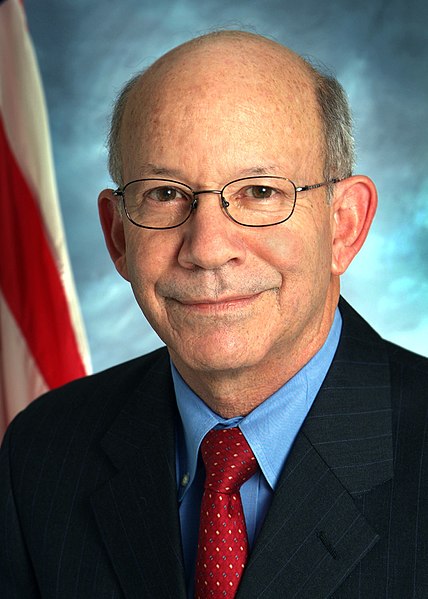Originally published on Forbes.com.
A transaction tax is one of those ideas that keeps popping up. Earlier this month, Representative Peter DeFazio (D-OR) introduced a bill – Finishing Irresponsible Reckless Speculatnetive Trading – that would apply a tax of 3 basis points (.03%) to most financial trading including stocks, bonds and other transactions. The Joint Committee on Taxation estimates that the bill would raise $417 billion over ten years. The legislation has support from the AFL-CIO, Americans for Financial Reform, the Center for Economic and Policy Research, the Communications Workers of America, and Public Citizen.
In this story, Representative DeFazio is quoted as saying:
Thanks to the reckless greed of Wall Street over the past few decades, the American economy is a grossly unbalanced playing field.The only way we can level it is if we rein in reckless speculative financial trading and curb near-instantaneous high-volume trades that create instability in the stock market and our national economy. These financial practices have no intrinsic value, and exist to make a quick buck for already-wealthy speculators. If we want to give middle-class families a fair shot at a strong economy that works for all Americans, we need to put Main Street FIRST.
Is This A Good Idea?
On an emotional anecdotal level, I see sense in this proposal. When I was a lad, trading securities was much more expensive than it is now. How do I know this? My father spent his career sitting in a windowless room wearing a headset. Registered reps would write trades on little tickets which would come to him on a little track and he would relay the information to a trader on the floor. After he died, his somewhat paternalistic firm employed me for two summers. I was part of an army of “runners” who delivered paper securities and picked up paper checks. I used to stay late to deliver a box of punched cards while I listened to the clerks try to balance the day’s business.
Somehow despite the great expense of trading securities it seemed that the real economy worked better for ordinary people back then. Savers earned a modest, but real, return and there seemed to be plenty of fairly well-paying jobs. So it seems plausible to me that frenzied trading is not good for the capital markets performing their function for the real economy.
Why It Might Not Be A Good Idea
When I have written about the transaction tax, I have gotten dire warnings that it could turn lower Manhattan into a desert, since the traders would take their business elsewhere. There is the notion that all that high-speed trading is good for everybody else, since it assures that markets are liquid and reacting quickly to events. Arguably the high-speed traders are playing a role akin to that of the specialists who were charged with keeping trading orderly on the floor.
There was a federal stock transfer tax in effect from 1914 to 1966, which John Thorndike described in this article. The two basis points were probably not that big a discouragement to trading as fixed commissions, in force until 1975, imposed costs in the eighty cents a share range.
Jason Zweig in this piece on the transition from fixed commissions in 1975 notes that 100 shares at $25 per share would cost roughly 2.5% of the transaction value. That’s a $49 minimum commission and a $13 bid-ask spread. Today the same trade would cost something like $11 or 0.4%. The FTT as a percentage of trading cost would be much more dramatic now than it was then.
The Line Up On Transaction Taxes
Bernie Sanders had come out for a very stiff financial transactions tax 50 basis points for stocks, 10 for bonds and derivatives. When I interviewed Jill Stein four years ago she defended the Green Party’s 50 basis points on all financial transactions.
]Hillary Clinton had proposed a financial transaction tax that focused on a form of high-frequency trading that involves excessive order cancellation. One of the main themes I have noted in Clinton tax proposals is that they are not designed to make things simpler. It seems that the Clinton proposal is one more instance of using the tax code as the Swiss Army knife of policy rather than as a revenue raiser.
The Really Interesting Transactions Tax
The transaction tax that I find really intriguing is the Automated Payment Transaction Tax. APT was outlined by economist Edgar Feige in a paper titled Automated Payment Transaction Tax – Taxation For The 21st Century. APT would apply to all financial transactions. Professor Feige computed an APT rate that would replace all federal taxes. It would be 0.30% split between the payor and the payee (15 basis points each). So when I paid my phone bill, which I just managed to raise to $300 with my lust for a better battery, my account would be debited $300.45 and the voracious Verizon would have to get by with $299.55. (The paper discusses various ways the tax might be evaded and ways to address them).
APT would be a pure revenue raiser ending the notion that taxation can be used as an instrument of social policy. There might, therefore, be some need for spending increases, since not every tax subsidy out there is a bad idea. Still, I think the proposal is worthy of a lot more attention than it has been getting.































































































